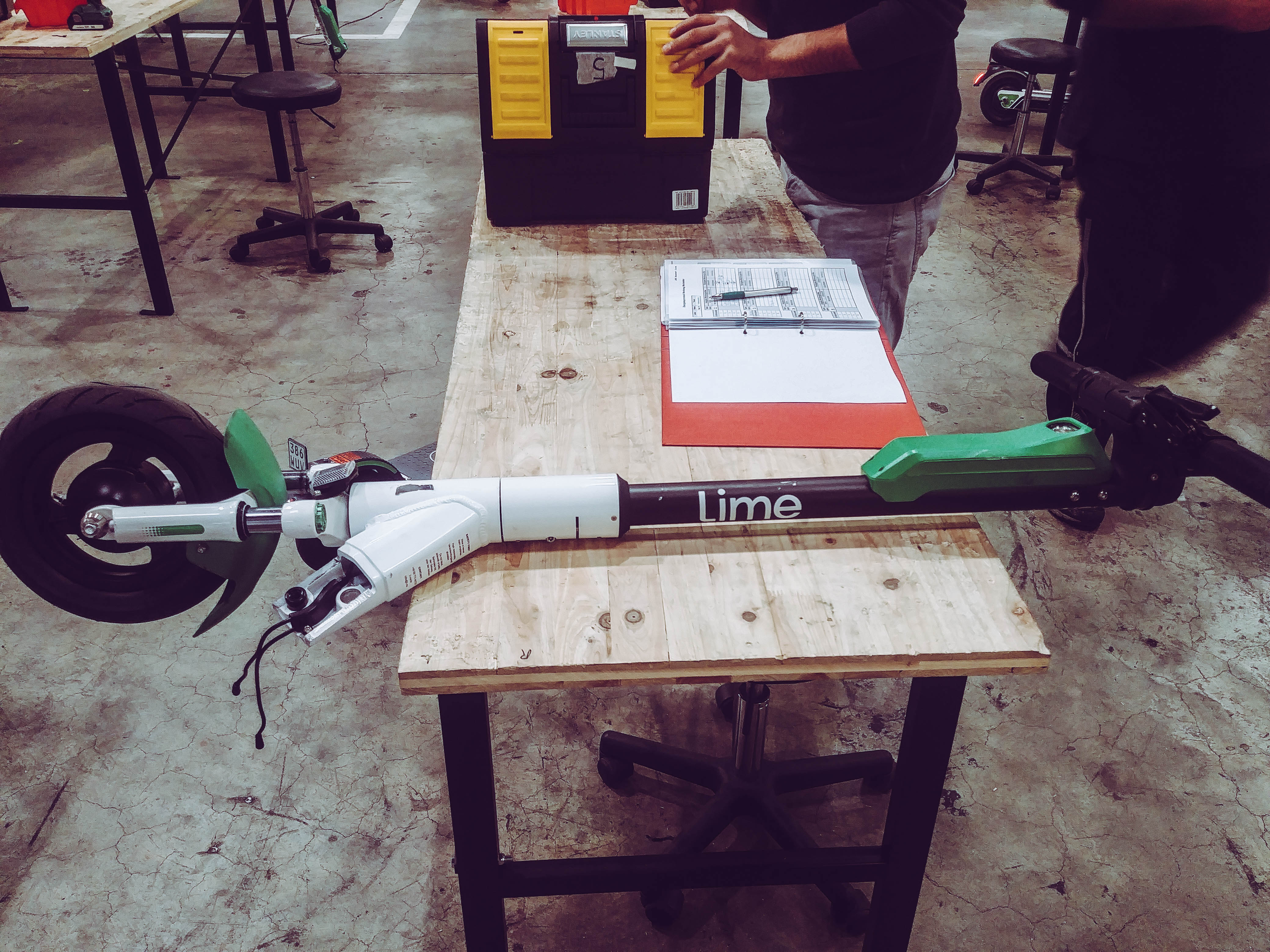The most used search engine in the world is Google (nearly 85% of searches). And for good reason—their search service is incredibly detailed, organized, and complete. If you want to learn anything, just “Google it.” Nevertheless, there is a large catch: Google learns about you when you use it to search for information.
At KLG, we constantly work to provide you with advice on how to better protect your privacy by suggesting safe online habits to adopt when using the internet and offering free privacy-related information.
Thus, trust us when we say: “Google should be avoided at all costs!”
They make some incredible products, so it’s not that their services and hardware aren’t of great quality, but all of that glitzy technology comes at a hefty privacy price. Your whole info is being continuously collected by the tech behemoth. from all of your clicks, searches, and browsing history, to all of your transactions.
Why? What sort of information do they gather, and what do they do with it all? Discover below what you can do to (largely) stop Google from collecting additional information about you.
True: Google gathers your data.
In actuality, Google generates money by gathering and disclosing user data.
Google builds multifaceted profiles of people based on their search and browsing histories on its owned websites, such as YouTube. It then offers advertisements to businesses depending on the demographics or profile types they would want to engage. It uses the accumulated information to produce an advertising profile.
Where is the evidence? How do we know this is happening? Well, a lot of high-profile legal cases have been brought up recently alleging (and finding) Google to have violated user privacy.
- In 2007, the European Commission sued Google for violating European data protection rules and its privacy policy. Google concluded the matter by claiming that “their privacy policy was vague.”
Google was sued again in 2010 for collecting people’s personal data through the Street View project, and it ultimately paid a $13 million fine. - 2019 saw $170 million in fines from Google and Youtube for breaking the Children’s Online Privacy Protection Act (COPPA). Without parents’ knowledge or permission, they unlawfully acquired children’s personal information.
- A corporation filed a lawsuit against Google in 2020, alleging that the company’s incognito mode violated the privacy of its customers. Because it (allegedly) doesn’t save browsing history or browser cookies, incognito mode is designed to protect the user’s privacy. According to the lawsuit, Google secretly logs users’ search history, IP addresses, browsing history, and other data. In the event that Google is determined to have violated customers’ privacy, the business might be subject to fines of up to $5 billion (for violations involving hundreds of millions of Chrome users).
- The state of Texas has also charged Google with violating customers’ privacy by recording their geographic whereabouts last year, in 2022. Again, this was last year, and despite Google’s continued insistence that they have been working to improve their privacy reputation, violations of the public’s trust continue to occur.
There are undoubtedly many more incidents, but these are only some of the most well-known ones. Just “Google” it; and conduct your own due diligence.
What Kind of Information Does Google Gather?
When you utilize Google services, they start tracking your data right away. Your personal information, email content, location, occupation, interests, websites visited, videos seen, adverts clicked, device location, IP addresses, cookie data, and so much more are all accessible to Google services:
- Unique identifiers
- Browser type and settings
- Device type and settings
- Operating system
- Videos you watch
- Views and interactions with content and ads
- Voice and audio information when you use audio feature
- Mobile network information including the teleoperator company and phone number
- Application version number
- IP geographic location
- Regional geographic location
- Preferred language information
- Search terms on Google
- Purchase activity
- Campaign data
- Browser properties
- Visitor IDs
- People you communicate or share content with
- Activity on third-party sites or apps that use Google Services
- Chrome browsing history when synced with your Google Account
- Pageview data
- Website analytics: Sessions by page, users by location, pageviews by device, average time on page by channel, bounce rate by channel
That is all we are aware of, and the list undoubtedly continues. To avoid coming out as a tin hat wearing conspiracy theorist, we all know that they gather a lot more data than we could ever conceive.
Google is not open-source and consequently unverifiable, with the exception of a few Chromium apps. We can’t be as aware of what is happening in the background and behind the scenes as we can with open-source services that safeguard your data, like KLG.
By logging into your Google account, you can view all of your Google activity, including your YouTube history and preferences, Google location history, and even your Google Maps timeline.
How Google Uses the Data It Receives
Basically, Google gathers as much data from users as it can in order to provide them with more tailored ads (sometimes they even sell it to ad creator companies). With all of this information about you, Google is able to more effectively target you with advertisements, which will help it generate enormous profits and, ideally, pay for the free services you use.
The internet company makes billions of dollars a year from Google AdWords, so they won’t cease gathering data any time soon. What can you do to stop them from profiting from your personal info then?
What You Can Do To Stop Google From Stealing Your Info
You can change your settings to opt out of the majority of data collecting, but you can’t totally stop Google from stealing your information. If you inquire, Google must disclose the information they gather and provide you the option to reject it. With a few clicks, you can also increase the security for Gmail and other services.
Be sure to carefully review the privacy option for any Google services or applications in the settings menu before granting or denying rights. You should get into the habit of doing this with all web services, not just Google. Data tracking is enabled by default if you skip this step, and your information will eventually fall into the hands of third parties.
You should also be aware that all browsers, particularly Google Chrome, allow you to set cookies in accordance with your privacy choices.
If you’re hesitant to provide your information, be sure to always use safe online practices and look into other secure cloud services.
Alternatives to Google?
The good news? There are other search engine options than Google. There are numerous more browser choices that are more moral and far more considerate of your privacy, like Firefox, DuckDuckGo, Brave, and Tor.
Get the finest Google alternatives for you by shopping around and keeping an eye out for open-source options. Use LibreOffice rather than Google Workspace. Use DeepL or Linux instead of Chrome OS or Google Translate.
These are just a few things. We can all declutter big tech in our every day lives. Remember, if the service is free, then the product is not what you use, you are the product.














